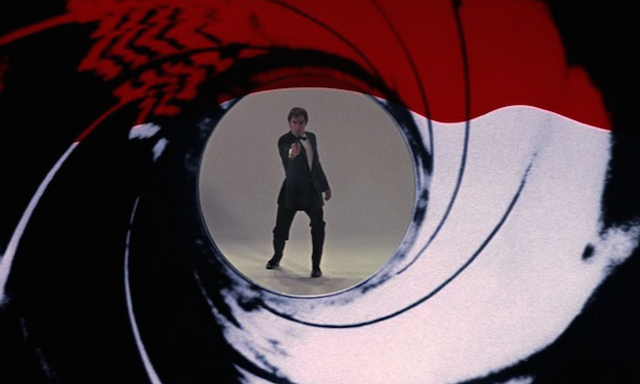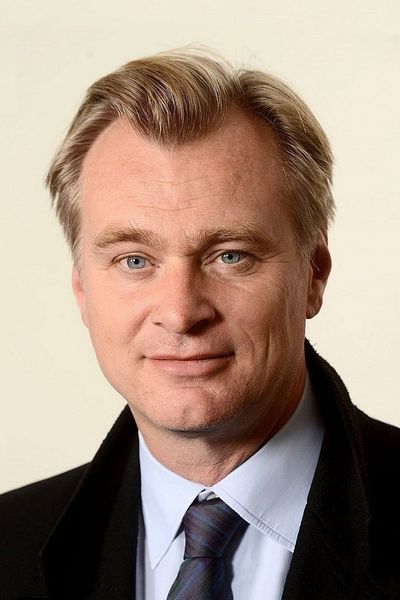Two years ago, James Bond celebrated 50 years in the public eye and with it came Skyfall, the most successful Bond film to date.
It was a triumph of marketing, clever writing, expert direction and an actor who was willing to go the distance. Everyone loved Skyfall and, by and large, it was loved by everyone who worked on it. All that's changed, however, as Spectre lands in the cinema with altogether mixed reviews. For the record, we liked it. Problematic, but we liked it.
Daniel Craig's given voice to his innermost thoughts during interviews for Spectre, telling of how his body has been put through the ringer, he's creatively stifled, he hates the character, he wants rid of Bond and how the production was gruelling. Sam Mendes was a bit more reserved, but still emphatic about his decision to leave Bond behind forever. It's served him well and, like Craig (whether he'll admit it or not), it's put him on the map and moved him from a prestige, thoughtful director to one who can handle a blockbuster budget and get a return for the studio.

Yet, for all these successes with the Bond franchise, it's really telling that basically nobody has clue where it's going. Twenty-four films in, one would be forgiven for thinking that the creative well has run dry and that's all she wrote. Not so. With the release of Spectre, the film's rights are now up in the air due to a deal that was struck several years ago involving Sony, MGM and Danjaq. For the most part, Bond has Sony's most successful franchise. Spider-Man, it would seem, only scored two hits before it went reboot mode. That effort, as we know, ended quickly and Marvel moved in to shepherd it along.
The future of James Bond is tied to whichever studio takes the rights in the coming months. It's been heavily rumoured that Warner Bros. are actively pursuing James Bond to add to their arsenal of franchises. Currently, Warner Bros. controls franchises belonging to DC Comics, Harry Potter and Lord of the Rings, three of the most successful franchises in movie history. Although Lord of the Rings has now effectively ended, Harry Potter is being reignited for Fantastic Beasts (And Where To Find Them). DC Comics is launching a shared universe alá Disney's Marvel and its collection of crossover films.
Sony are keen to keep Bond on their books as it's been their biggest earner and, for the most part, they've done well with the series. What makes it difficult for Sony to keep Bond, however, is the fact that it's a victim of its own success. Bond has now been revitalised and made relevant to a new audience and it's earned Sony huge amounts of money. It's proven that it can translate from generation to generation with the right people attached and isn't tied to a single actor, director or tone. In short, it's the perfect franchise. Doesn't work? Fine, dump whatever's not working and start over in the next film.

Other players like Universal, Paramount, Disney and Lionsgate have little interest or value in chasing Bond. Paramount has Tom Cruise's Mission: Impossible, Lionsgate are too small to be able to gather up the cash required to make an effective bid whilst Disney would balk at Bond's mix of sex and violence. Universal, in a sense, was responsible for the change in Bond's tone with The Bourne Identity. They've also got Fast & Furious, Jurassic World and the upcoming Warcraft to keep them going. Trying to turn Bond around would simply be too much and, in effect, scupper their work with Matt Damon and the Bourne franchise.
Studio politicking aside, Bond needs to be rewritten from the ground up. What made Craig's iteration was that it poked fun joyously at itself; the hard-drinking, vain-glorious killer who bedded women without a single thought was almost a joke to its writers and Craig himself. That sort of winking humour can only work for so long. Eventually, it'll run out of steam and become a straight-up parody. So what happens, then? Craig's Bond stripped back the character to its very bones and then reworked it into something familiar but new. A new Bond will have to work with the knowledge that many consider Craig's Bond to be the best of the modern era.
There are names, endless names attached to it. Idris Elba, Damian Lewis, Rupert Friend, the list goes on. What will make Bond - and has always made Bond - is its directors. Sam Mendes infused a real sense of gravitas and prestige to Skyfall. Marc Forster examined the coldness of the character and how truly devoid of emotion he was. Casino Royale, directed by previous helmer Martin Campbell, gave it a sense of continuity to what came before while setting out its stall as a fresh take. If Warner Bros. does get its paws on Bond, there's an obvious choice to take over the franchise - Christopher Nolan. The director has said on numerous occasions that he would love to take a run at the series. Indeed, 2010's Inception took very deliberate cues from Bond and was described by many critics as a cross-pollination between The Matrix and James Bond. What's more, Nolan can shepherd a huge franchise and meet audience expectations when challenged.
It all depends, of course, on whether Bond will continue into the 21st century. Can audiences continue to believe in a secret agent as callous and unlikeable as Bond? It's hard to tell, really. Nobody doubts for a second that Bond is a dinosaur in every aspect of his personality, but can it be rewritten to suit a modern age? And if it is rewritten, do we lose something intrinsic about it? What made Bond so thrilling was how daft and unbelievable it was. But that can't continue to keep audiences engaged when we have superheroes flying across our screens.
The future for Bond, in its current format, is decidedly uncertain.




















































































